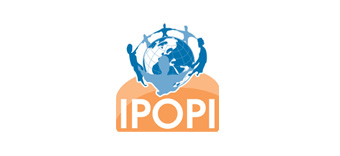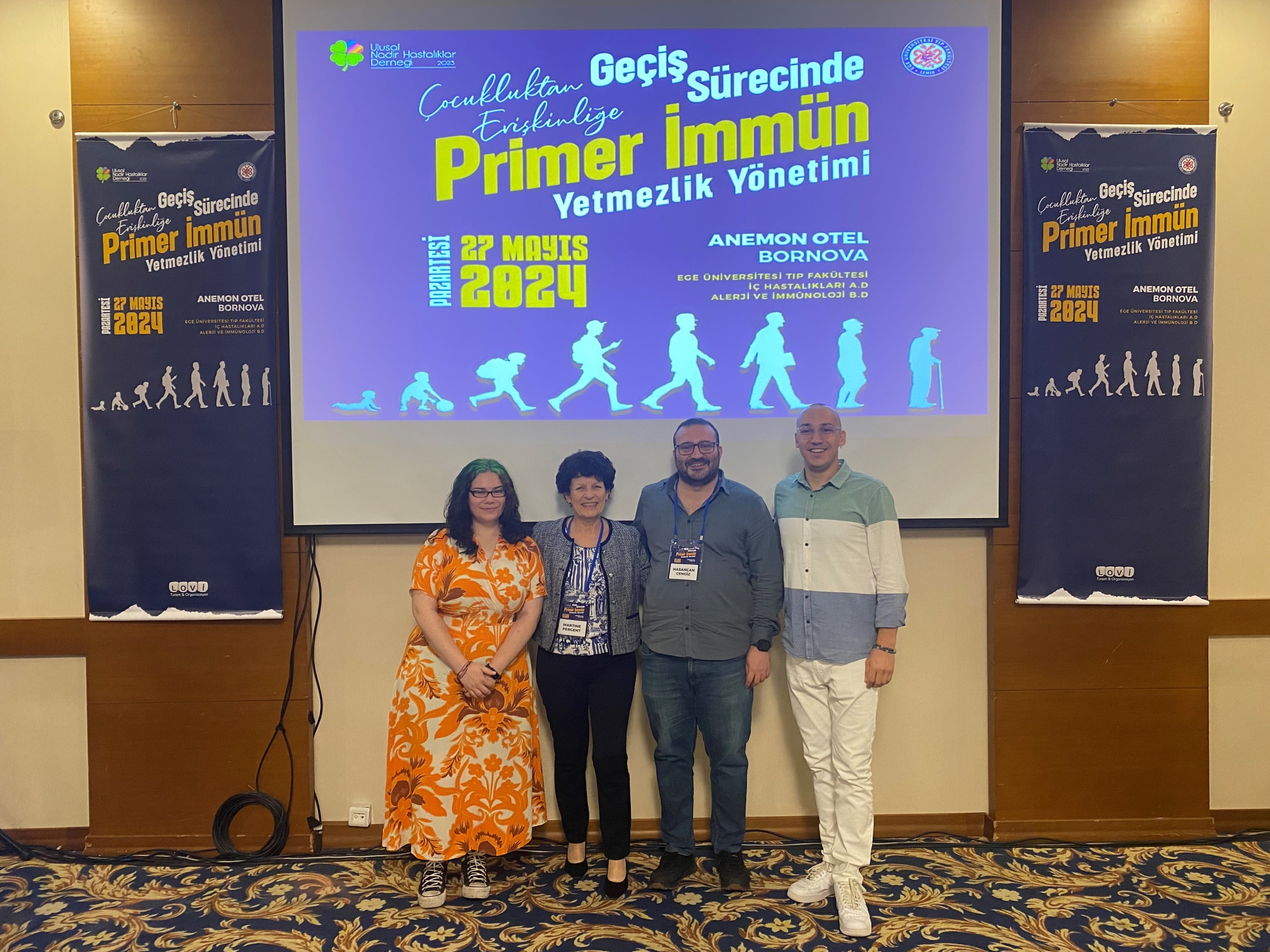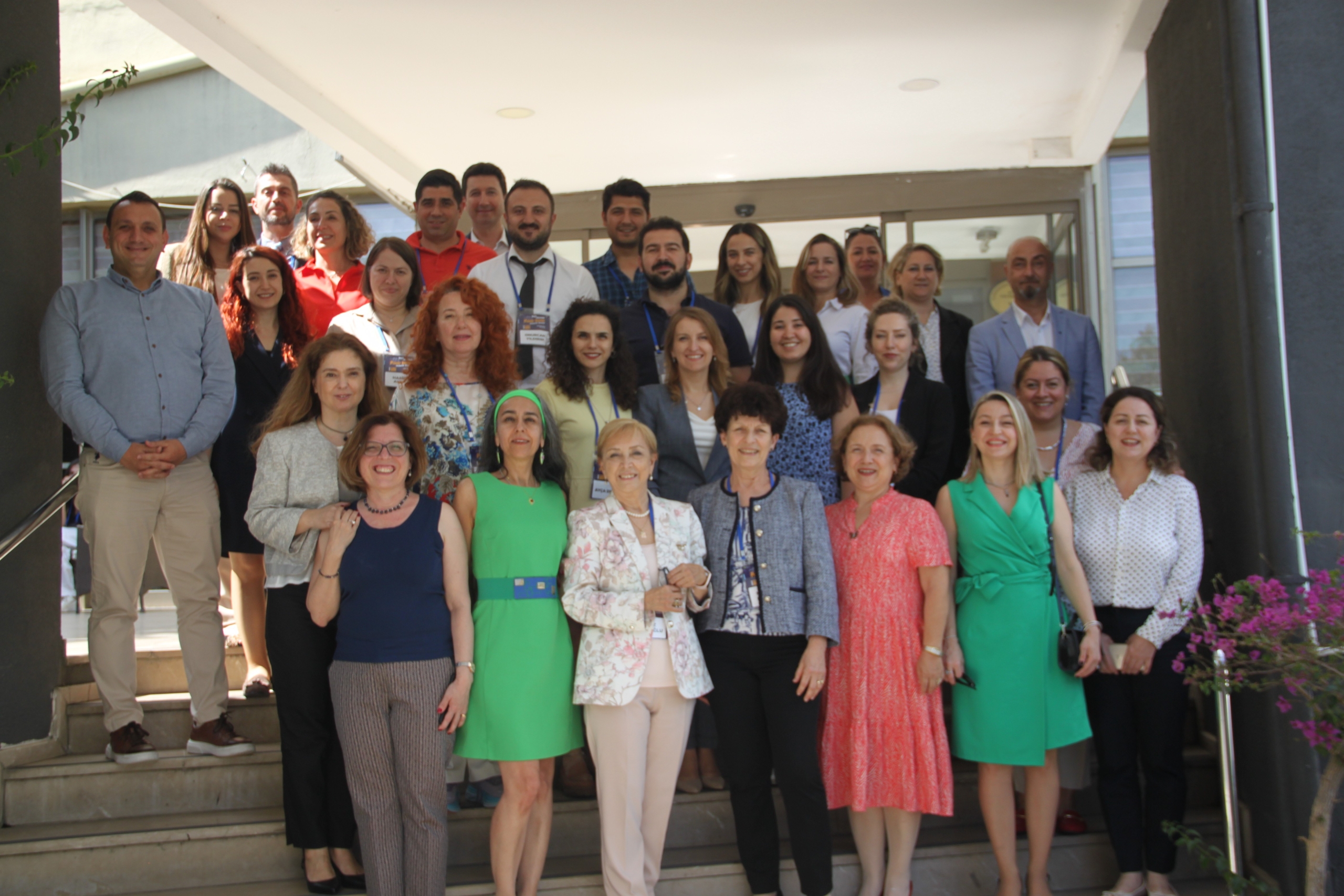June 17, 2024
Izmir – Turkey: IPOPI participated in a symposium on PID management during transition from childhood to adulthood
The recent symposium on Primary Immunodeficiencies (PID) management during the transition from childhood to adulthood brought together medical professionals and key stakeholders to discuss critical aspects of these underrecognized conditions. Organized by Ege University Faculty of Medicine (Izmir) and the National Rare Diseases Association (NADHAS), with the attendance of IMYED (Turkish patient organisation for PIDs), the event provided a platform for knowledge sharing and collaboration.
A Platform for Knowledge Sharing
The symposium featured four distinct sessions, each focusing on different facets of PID management. These sessions included “Transition Process from Childhood to Adulthood,” “Primary Immunodeficiency and Genetic Diagnosis,” “Psychosocial Aspects of the Transition from Childhood to Adulthood,” and “The Status and Future of IgRT in the World and in Our Country.” These sessions were designed to address the comprehensive management of PIDs, supported by scientific data. The last one provided an opportunity to elaborate on IPOPI’s publication “The PID Odyssey 2030”, proceedings from its global multi-stakeholders summit in 2022 which discusses the future of IgRT and the progress and challenges ahead.
Prof. Dr. Ömür Ardeniz, who chaired the symposium, emphasized the significance of addressing PIDs, especially given their high prevalence in Turkey due to consanguineous marriages. She noted that the lack of attention to this issue has allowed it to grow into a significant problem. ” Our primary goal is to raise awareness among medical faculty students, primary care physicians in the field, and physicians of all specialities about these conditions, which carry the risk of organ damage and death if undiagnosed or delayed,” she stated.
The event also provided an opportunity for IPOPI’s President, Ms. Martine Pergent, to highlight that advances in diagnosing and managing primary immunodeficiencies (PID) now allow many patients to lead productive lives. She emphasized the importance of a smooth transition from pediatric to adult care, noting that it improves patient outcomes. She therefore stressed the need for improving access to adult specialists for patients with these chronic conditions. “Here again, the cooperation between physicians and patient organisations is paramount” she added.
Importance of awareness, early diagnosis and appropriate follow-up
Prof Dr Ardeniz further emphasised the need for early diagnosis and proper management of PIDs to prevent severe complications. She expressed her satisfaction with the collaboration between Ege University, NADHAS, and IPOPI to increase awareness in this regard. “Additionally, these symposiums are crucial as they form a platform focused on addressing psychosocial issues and sharing experiences of our country’s esteemed pediatric and adult immunologists, as well as the experiences and roadmaps of the IPOPI,” she added.
Ms Pergent also stressed the interest of having national guidelines to streamline the transition process,
The symposium successfully highlighted the critical need for awareness and appropriate management of PIDs during the transition from childhood to adulthood, especially in countries like Turkey, where paediatricians are legally restricted to managing patients only up to the age of 18. It underscored the importance of collaborative efforts among medical professionals, patients, and organizations like IPOPI. The event concluded with a commitment from all stakeholders to continue raising awareness and improving the lives of those affected by PIDs.
This symposium marks a significant step towards better understanding and managing PIDs, ultimately aiming for improved patient outcomes and quality of life.


